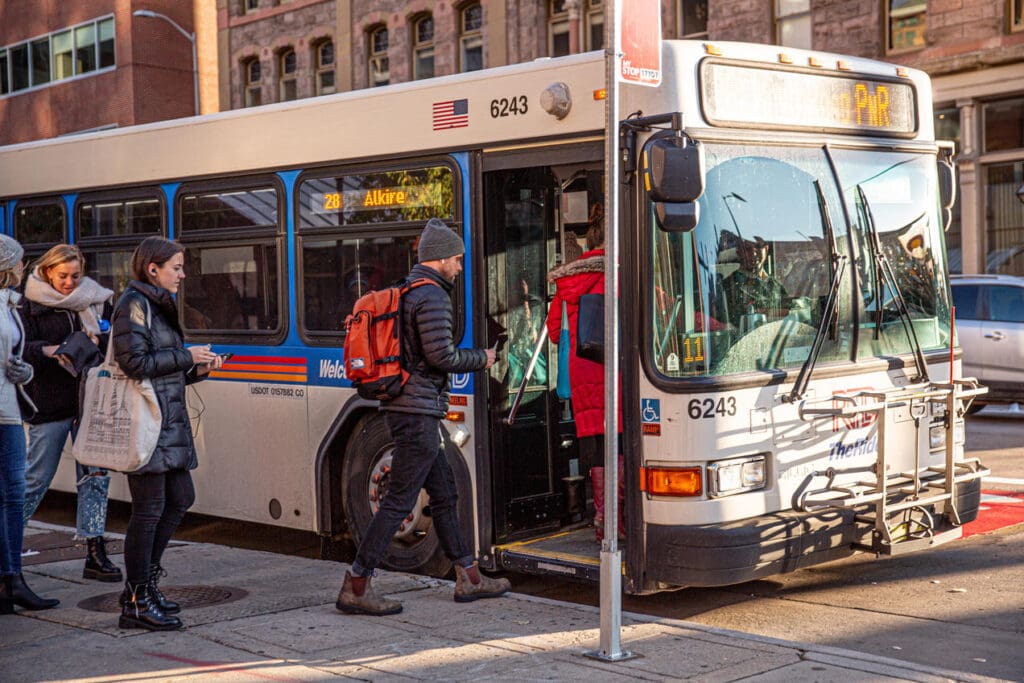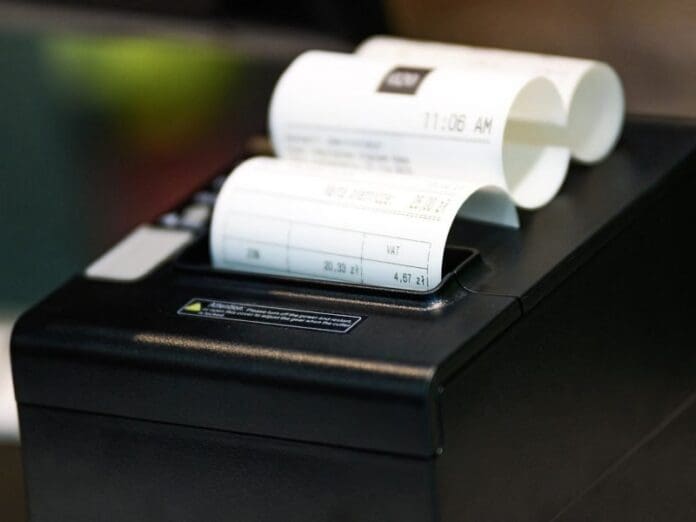The last few years have been a lesson in why meeting face-to-face is crucial for most companies. From client acquisition to managing widely dispersed teams, 86% of surveyed workers claimed they felt travel was essential to succeed in their role.
Keen to keep their competitive edge, organizations have been quick to get their teams back on the road. The first quarter of 2022 alone saw more corporate travel bookings than half of 2021.
But it’s not easy. Saving money on business travel requires effort from all employees, not just a new top-level approach. From the finance manager looking to reel in yearly costs to the travel manager bogged down with details and wanting to please coworkers, to the weary traveler who may feel the need to spend more in a pinch—this is a team effort.
We’ve put together a list of clear, useful ways to get your whole team on board.
1. Get access to lower and better flight inventory
One of the absolute best ways to immediately start slashing travel costs is to get better flight inventory.
Businesses that use corporate travel agents or book on websites designed for leisure trips are missing out big time.
Booking far in advance, booking last minute, using budget-friendly carriers like EasyJet and Norwegian…consumers have tons of tricks up their sleeves for saving money on travel, and when businesses are stuck in old corporate travel solutions, then they lack opportunities for cost savings.
Now, businesses have a trick up their sleeve too: TravelPerk. TravelPerk offers the world’s largest inventory for booking corporate rates in one place by integrating hundreds of the best travel networks.

2. Encourage trip flexibility
Whether the employee is visiting a client or staffing a new office, there may be some flexibility in the dates of the event. When a travel manager, office manager, or executive assistant is booking a new trip for an employee they need to know if there is any wiggle room. And there almost always is.
When employees request new bookings, whether that be on a standard request form or via email for new bookings, ask for 3 arrivals and departures in order of preference so employees can give options upfront
Discovering that wiggle room can mean saving as much as 50% on flights and hotels. Better still, allowing employees to book their own travel via a corporate booking tool will help travelers get more visibility and control, allowing them to optimize their schedule to save money without all the email back-and-forth.
However, even with the best organization, plans sometimes change. Client meetings get canceled or rescheduled, employees get sick. A solution like FlexiPerk offered by TravelPerk, gives corporate travelers the most generous cancellation policies available.
With FlexiPerk, 100% of travel arrangements are refundable. Travelers can cancel their plans with just one click up to two hours before departure, no questions asked. Guaranteeing a minimum refund of 80% and saving businesses an average of 40% compared to other flexible fares, travel managers and finance teams never have to sweat about losing vast sums to last-minute changes again.
3. Craft a corporate travel policy
Having a corporate travel policy is crucial. Without these parameters, an employee cannot possibly know if their intended itinerary falls within the budget and other company expectations.
Knowing the full scope of what should be included in a successful travel policy can be challenging. At TravelPerk, we have crafted a customizable template that can help you implement a corporate travel policy in minutes, but generally, corporate travel policies should outline the company’s position on elements such as;
Approvable business travel spends on air travel, accommodation, car rental, and other transportation. Rules around employees booking flights in economy versus business class.The approval process for booking hotels, airline tickets, and other ground arrangements for corporate travel. Permitted per diem expenses and whether a business credit card will be provided. Reimbursement and expense report processes.
Corporate travel policies should be clear, concise, and easy to access. But like any company policy, they need to grow and adapt to the needs of the business.
Thanks to online tools like TravelPerk, finance and travel managers can now incorporate their travel policies into the booking process on desktop and mobile devices; helping to automate the approvals process.
With 72% of millennial employees content to book their own business travel plans, automated approvals make it easier for employees to stay on budget while enjoying autonomy over their arrangements.

4. Get clear on compliance
By integrating corporate travel policies into the booking process and automating approval systems, TravelPerk has been able to help organizations reach a 95% compliance rate with their online booking platform.
With an online booking tool, finance and travel managers can establish clear approval processes. Perhaps you still want to have eyes on every itinerary. Or maybe you are happy for trips within your travel policy to be automatically approved to ensure you secure the best price and free up time for busy managers. Whatever level of control you want, you can establish straightforward workflows in just a few clicks.
However, there will still be some business trips that fall beyond the scope of any travel policy. For example, sometimes trips at short notice just can’t be avoided. A key client calls a crisis meeting, or the sales team gets an opportunity to meet a potential lead.
Automated processes can assist with approving these out-of-policy travel arrangements. Rather than relegating itineraries to the recesses of an inbox, an online booking tool can flag non-compliant trips to relevant personnel through dedicated slack channels.
5. Simplify your VAT savings
If your organization is registered to pay VAT, there are many savings to be made on your travel spend. Depending on your tax jurisdiction, airfares, hotel rooms, and other ground transportation can all be offset as business travel expenses.
But, the VAT recovery process is often a complicated and time-consuming aspect of travel management. Trying to unpick your employees’ per diem spend and collect VAT receipts can be a nightmare. Many businesses end up losing out on claiming legitimate expenses and the savings they bring. As a business owner, there is nothing more frustrating than losing revenue unnecessarily. A VAT calculator can help you determine how much you could reclaim.
At TravelPerk, we streamline the VAT recovery process for you, helping you save up to 20% on your annual business travel costs thanks to our itemized reports and handy VAT calculator. Request a demo today and see how much your organization can save.

6. Stay on top of travel spending trends
Knowledge is power. Just as a consumer looking to save money on their household budget will need knowledge of what spending categories are swallowing their income, a business needs to understand which aspects of business travel are moving the needle more than others.
Here are some questions you might want to ask:
Which travelers are amassing the most amount of spend? What improvements can be made in airport transportation costs, wifi fees, etc.? What changes need to take place in Q4 to keep to the yearly travel budget for X team?
Every business wants to optimize its corporate travel budget and acquiring the data to help shouldn’t be hard.
Use a travel booking tool that will integrate with your expensing solution and will auto-generate reports to minimize the strain on employee time. Then use this data to identify trends and optimize your budget over time. You can identify what cities and trips need lower budgets, and which warrant higher spending, to increase fairness and get a handle on overall travel spend.
7. Advocate using public or shared transportation where possible
One travel spend that is very common and easy to nip in the bud is driving in large cities. Encouraging employees to take public transport rather than driving and paying extortionate parking fees or taking a taxi is better for your bottom line and the environment.
When employees are heading to an event from the same location, there is no need for separate transportation. If public transport isn’t an option, having Uber arrange multiple cars is easy enough.
Taking these measures isn’t always possible, but wherever you can, you should persuade your teams not to waste company money on unnecessary business travel expenses.
This leads us nicely onto number 8…

8. Be transparent and offer incentives for staying on budget
When cutting travel costs, it’s important to lower the pain for employees. For them to feel invested in the effort, they need to know the “WHY.”
For example, a remote company that holds yearly in-person retreats might need to communicate to employees why trips for conferences have to be as cheap as possible—so the yearly retreat is a more enjoyable experience for all.
There will be a different “WHY” at every company. If increasing transparency isn’t all that relevant, maybe incentives will help. When empowered to give bonuses like team lunches or mileage points to those who stay on budget, travel managers can help trim the budget in a creative way.
9. Be savvy to save on accommodation

If your organization’s policy is based primarily around a few favorite hotel chains, you could be missing out on huge savings on your travel expenses. Branching out and considering different options such as Airbnb can be more cost-effective and provide a better travel experience for your employees. Especially for longer stays, many business travelers might prefer to have access to a kitchen so they can eat more healthily, or wish to have more space to work than is traditionally found in a hotel room.
With TravelPerk, our concierge team can assist with Airbnb bookings. Making it easier to stay on budget, remain compliant, and give your team more flexibility with their travel arrangements. Compare a week’s stay in your favorite hotel chain with renting an apartment; you might be pleasantly surprised by the savings.
But Airbnb rentals aren’t suitable for every business trip. There may not be options available in your destination, or the cost for a short stay might be on par with local hotels. In these instances, it might be more cost-efficient to negotiate a corporate room rate or focus on racking up travel rewards with a credit card or hotel loyalty program, especially if you travel to the same location regularly.
Alternatively, travel managers can reduce their busy workloads and save their organizations money by using a travel management company with agreements with hotel chains. At TravelPerk, we have the largest inventory of accommodation available, plus our users can upload their current negotiated rates into our platform.
Ultimately, saving money on travel is a team effort.
By thinking holistically and uncovering how every employee can help, saving money while still taking all those business-critical trips is possible.
Whether you’re a travel manager planning for an entire organization, a finance team focused on your company’s bottom line, or a head of operations looking for smoother internal processes, TravelPerk can help you streamline every aspect of corporate travel.
The post 9 ways your company can save money on business travel appeared first on TravelPerk. For more on travel.


